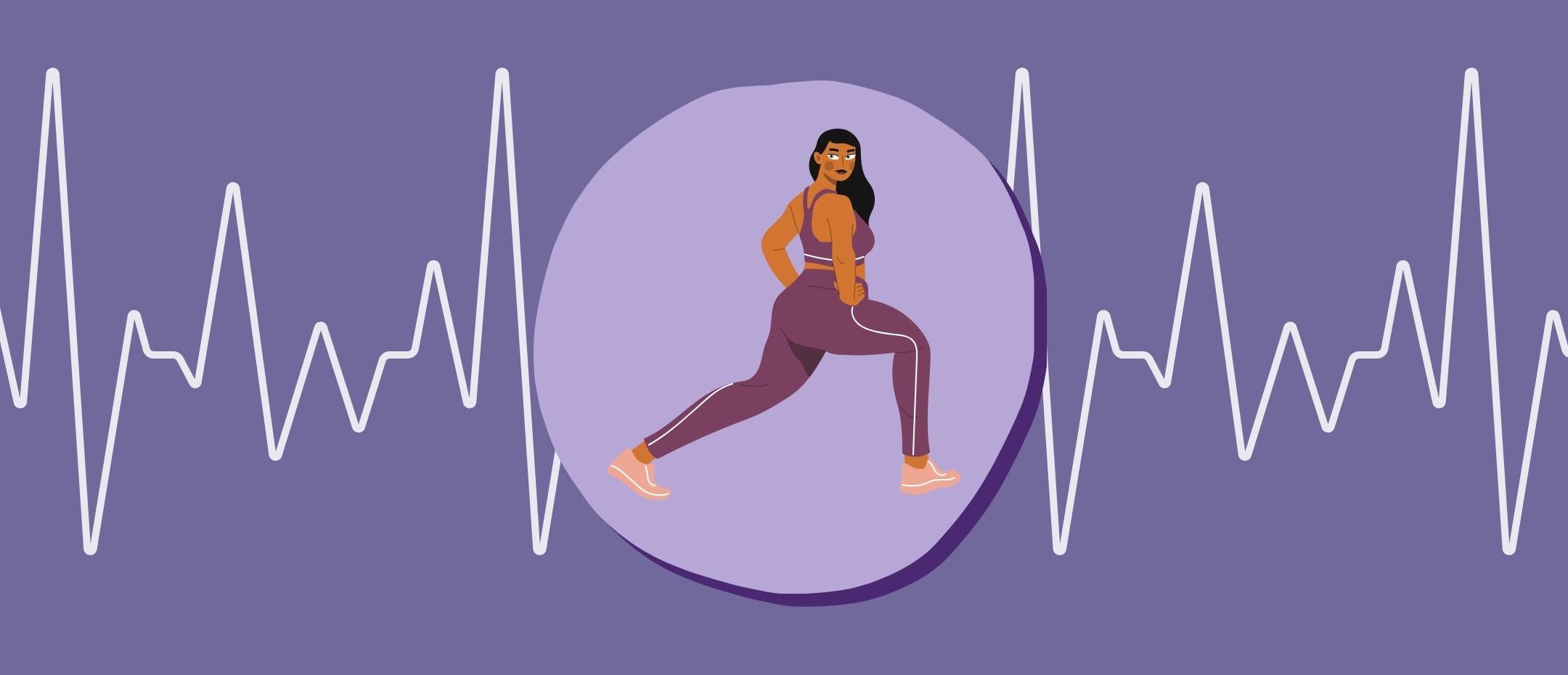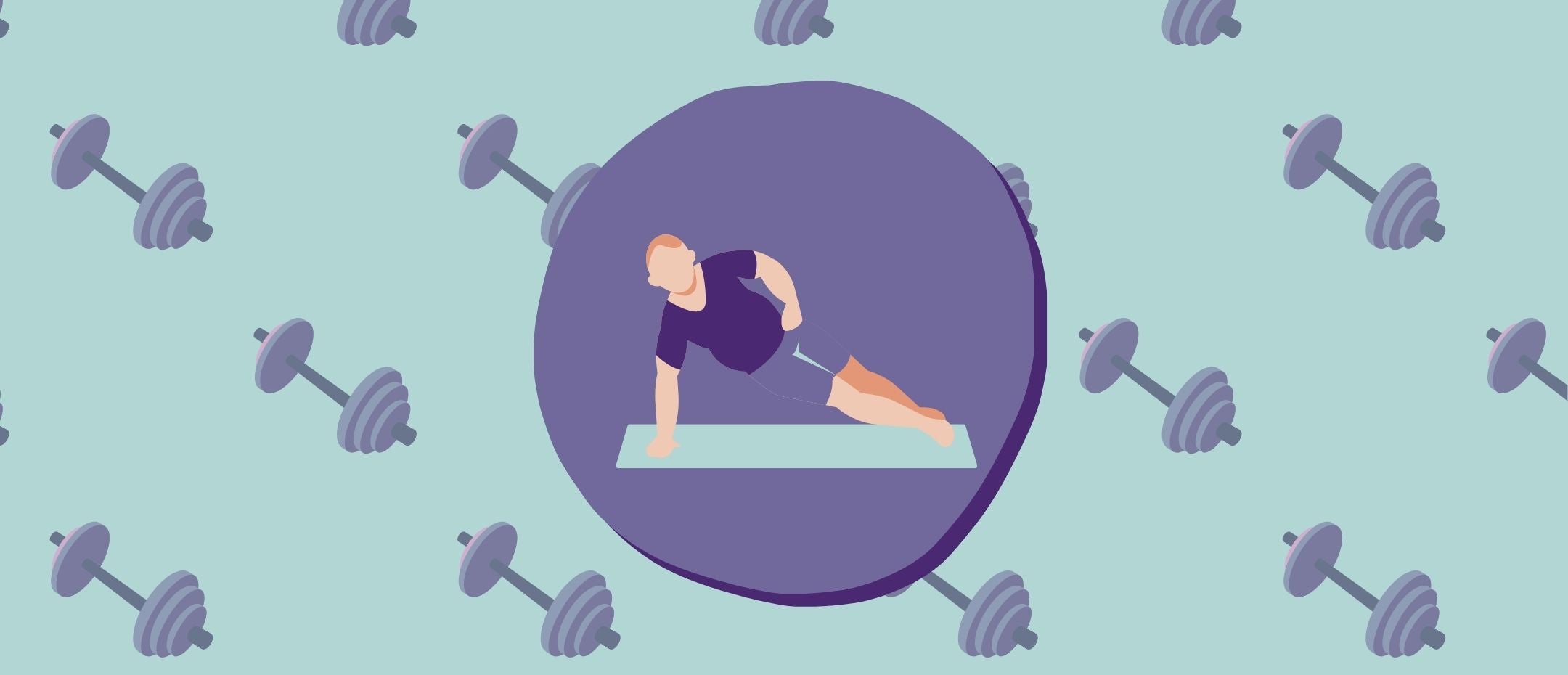My name is Theo and at the beginning of the year 2020, I set myself the goal of running my first Ultra Trail within a year!
For those who don't know: an Ultra Trail is a trail run of more than 42 km, generally between 50 and 160 km, which will conduct you on all types of terrain (sand, woods, mountains, mixed ...).
For this first experience, I chose a very popular race in Quebec: the 80 km Ultra Trail Harricana of Canada (UTHC) which took place on September 12th.
Did I have an idea of how to train for this first Ultra Trail when I registered? No. But I wasn't starting from scratch either: I have always been very active and competitive in many sports.
After 7 months of trial and error, I think I was able to set up an Ultramarathon training plan that served me well on race day. I am sharing with you today the lessons I learned from it.

My Ultramarathon Training: 5 mistakes I Made That You Could Avoid
1) "I need to become good at running. In order to train, I have to run a lot and very fast."
Indeed, at the beginning of my ultramarathon training, if I finished a session and I still had energy, I would go back to running to get as tired as possible. This way, I had the impression that I would progress faster... which is FALSE!
To set such a goal is, yes, to commit to run a lot and often, but it is essential to vary the types of training.
Most sessions should not be tiring! In fact, more than half of my weekly running time was done at a fundamental pace (very low speed to keep my heart rate down). The important thing is to be able to run long and often. The ability to run fast is worked on in specific training sessions (intervals or hill running) once or twice a week. Running fast more often than that would traumatize the muscles and joints and prevent you from running as often.
The most important factor to maximize is not the number of kilometers run per week, but the time spent running per week!
2) "To progress as quickly as possible, I'm going to run every day."
That's what I told myself in January when I signed up, over motivated! In fact, it's not optimal for a beginner/intermediate runner to run every day. Let’s just say that I learned that the hard way...
As I read more about recovery, I realized how important it is to keep full days off every week.
When we make even moderate physical effort, we destroy muscle fibers, traumatize joints, damage our body. At the same time, these sessions weaken us. It is during the moments of rest that the body rebuilds and improves in anticipation of future effort.
These moments are therefore to be taken very seriously (rest, nutrition, quality hydration). We don't always think about it, but it's during days of rest that we make the most progress!

3) "I run faster than my friends, so I'm going to do my ultramarathon workout alone."
Once again, it was in this state of mind that I began my training. After 2-3 months of running alone, I started by chance to join a running group once a week, then another one.
These daily encounters proved to be valuable on many levels. First of all, I met individuals who also had a specific running goal, so we understood each other instantly on a lot of points and were able to share our good moves on equipment, training plans, or tips for better recovery.
I also met runners who had already participated in the race I was going to take part in. They were able to share their feelings with me and give me tips on how they were training for ultramarathons.
In short, in addition to keeping someone motivated and making training more fun, running with a group is a real plus for acquiring new knowledge!
4) "This morning I'm not motivated, I'm going to go running later today."
MISTAKE! How many times have I turned the alarm clock off by saying this sentence to myself? Starting in April, the first thing I did in my day was go running!
Postponing training to a later date gives you the chance not to do it. Starting the day by running is to do your training, but also to start the day on the right foot: you will come home full of energy to start the day off right!
5) "I'm stressed... I'm never going to be able to sleep the night before my race and I won't be in the best conditions on the day!"
The day of the race was approaching and I was repeating this sentence in my head. But it was FALSE!
Thinking about it only serves to make you anxious and... sleep badly the night before the race.
Yes, it's important to sleep and eat well at all times, but it's even more important the week before the event. If you've slept well all week, it's not a big deal to sleepless the night before. Sleep hygiene is not a one-night thing.
Let's try to have a healthy daily life and to do our best to sleep the night before, but if we stay awake thinking about the race, let's try to lie down, it's already some kind of rest!
These are the top 5 mistakes I made when I started my ultramarathon training. Thanks to small adjustments, the last 7 months have been great and the race went very well for me: I completed the race in 9h09 minutes which allowed me to place 17th out of 171 participants!

Note that this information is drawn from my experience, I invite you to test what works best for you and share it in the comment section!

I'm off to another running session! See you soon!










